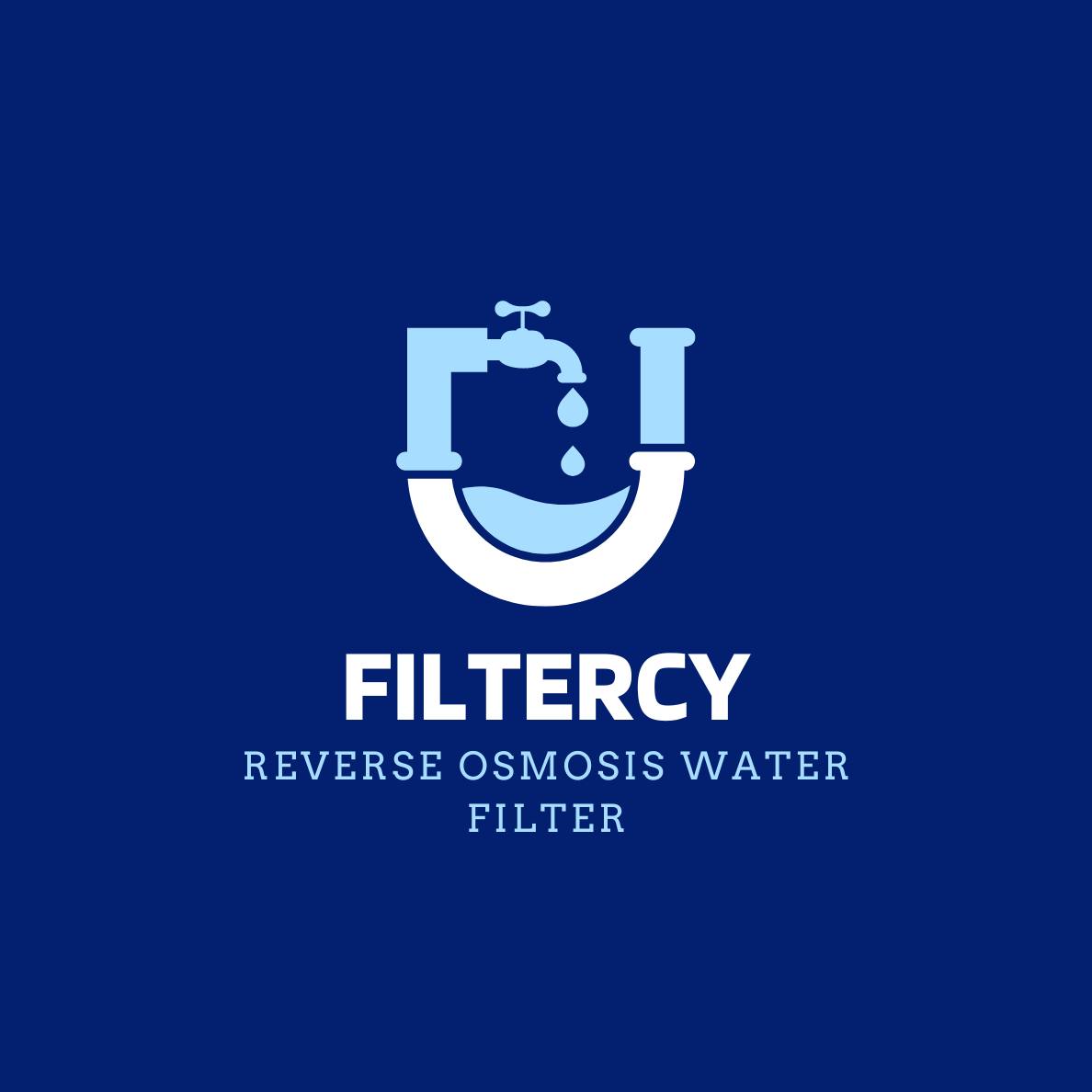
Thank you for your interest in our company!
Fill the form and we will contact you as soon as possible
You agree to our Data privacy

What is a Water Softener and How Does It Work? Simple Guide
A water softener is a device designed to reduce water hardness, which usually occurs due to high levels of calcium and magnesium. Hard water causes numerous household problems: it leaves limescale on heating elements, affects skin and hair, and reduces the effectiveness of soaps and detergents. A water softener helps avoid these issues by removing or neutralizing the minerals that cause hardness.
Most water softeners work by replacing calcium and magnesium ions with other ions, such as sodium, which do not cause limescale buildup. The most common type, the salt-based softener, uses ion-exchange resin. When hard water passes through the resin, calcium and magnesium ions are replaced by sodium ions. As the resin becomes saturated, it is cleaned with a salt solution, allowing the ion-exchange process to continue. This effectively reduces water hardness and prevents limescale from forming on surfaces and in household appliances.
Besides salt-based softeners, other types of water softeners are also available. For example, salt-free softeners don’t remove minerals but alter their structure to prevent them from sticking to surfaces. They don’t require salt and are more environmentally friendly, but they may be less effective for extremely hard water. This type of softener is better suited for areas with moderate water hardness.
Another type is magnetic and electromagnetic softeners, which create a magnetic or electromagnetic field around the pipe. This field changes the structure of mineral particles, preventing them from settling as limescale. These devices are compact and easy to install, but their effectiveness depends on the hardness level and may vary. They are a budget-friendly option to reduce limescale, but they don’t always fully resolve the problem.
Finally, there are reverse osmosis systems, which work differently, as they not only reduce hardness but also filter out other contaminants. In these systems, water passes through a membrane that traps calcium, magnesium, and other impurities. Reverse osmosis requires multiple filters and periodic cartridge replacements but offers the best results for thorough water purification.
In summary, water softeners work in different ways and can be chosen based on water hardness, usage conditions, and maintenance preferences. Salt-based softeners are the classic solution for high hardness levels, salt-free and magnetic systems are suitable for softer water with minimal maintenance, and reverse osmosis provides maximum water purification.
Most water softeners work by replacing calcium and magnesium ions with other ions, such as sodium, which do not cause limescale buildup. The most common type, the salt-based softener, uses ion-exchange resin. When hard water passes through the resin, calcium and magnesium ions are replaced by sodium ions. As the resin becomes saturated, it is cleaned with a salt solution, allowing the ion-exchange process to continue. This effectively reduces water hardness and prevents limescale from forming on surfaces and in household appliances.
Besides salt-based softeners, other types of water softeners are also available. For example, salt-free softeners don’t remove minerals but alter their structure to prevent them from sticking to surfaces. They don’t require salt and are more environmentally friendly, but they may be less effective for extremely hard water. This type of softener is better suited for areas with moderate water hardness.
Another type is magnetic and electromagnetic softeners, which create a magnetic or electromagnetic field around the pipe. This field changes the structure of mineral particles, preventing them from settling as limescale. These devices are compact and easy to install, but their effectiveness depends on the hardness level and may vary. They are a budget-friendly option to reduce limescale, but they don’t always fully resolve the problem.
Finally, there are reverse osmosis systems, which work differently, as they not only reduce hardness but also filter out other contaminants. In these systems, water passes through a membrane that traps calcium, magnesium, and other impurities. Reverse osmosis requires multiple filters and periodic cartridge replacements but offers the best results for thorough water purification.
In summary, water softeners work in different ways and can be chosen based on water hardness, usage conditions, and maintenance preferences. Salt-based softeners are the classic solution for high hardness levels, salt-free and magnetic systems are suitable for softer water with minimal maintenance, and reverse osmosis provides maximum water purification.
| | Beauty starts with water Discover the many benefits of soft water and pamper yourself every day You agree to our Data privacy |

